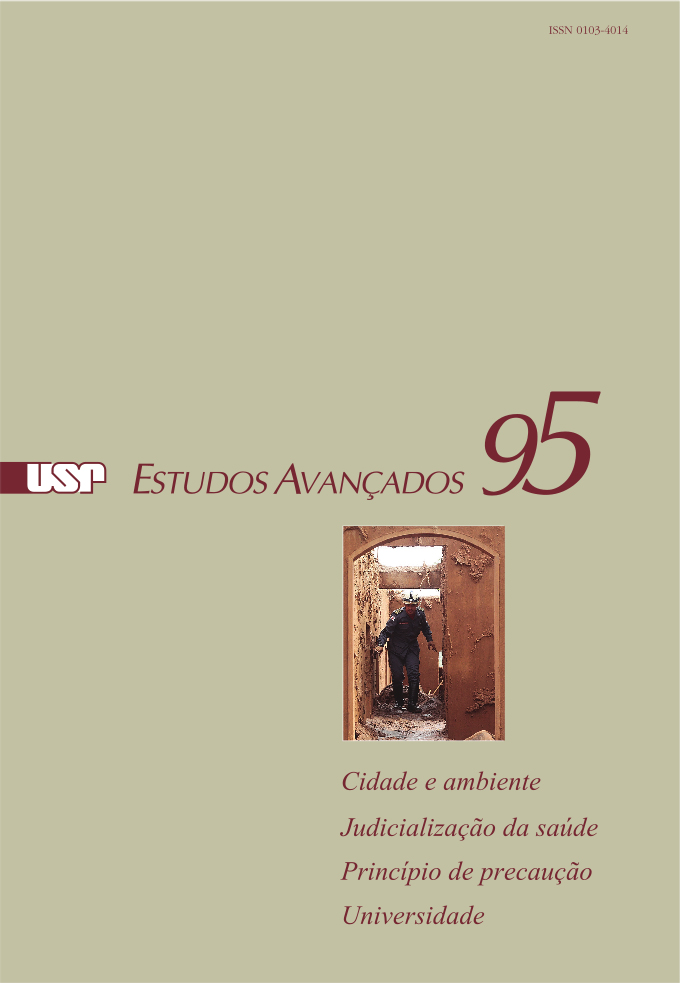Tecnologia Blockchain: inovação em Pagamentos por Serviços Ambientais
Keywords:
Cryptocurrency, Payment for Ecosystem Services (PSA), Blockchain technology, Delegated proof of stake consensus mechanism (DPoS)Abstract
Socioecological problems are complex and multidimensional, involving at least an environmental, socio, economic, political and institutional dimensions. Problems related to multiple uses of water resources, watershed revitalization and urban river recovery have placed new challenges on society and require innovative solutions. Proposed solutions, such as payment for ecosystem services (PES), aim to encourage people to adopt actions to solve specific issues in exchange for economic incentives. These solutions have limitations related to continuity of actions after the economic incentives cease. Thus, the main goal of this paper is to introduce and discuss a proposal to manage the Jundiai River Watershed that includes the adoption of a complementary currency created with blockchain technology, the Aqua. The main purposes of this cryptocurrency arethe recovery of riparian forests in rural zones and environmental actions in urban areas. The cryptocurrency Aqua would act as a medium of exchange and circulate only within the network of establishments that accept it. Seeking to avoid the negative consequences of speculative actions, we recommend the Aqua is not convertible into Reais or other cryptocurrencies.
Downloads
Downloads
Published
Issue
Section
License
Estudos Avançados não celebra contrato de cessão de direitos autorais com seus colaboradores, razão pela qual não detém os direitos autorais dos artigos publicados. Os interessados em reproduzir artigos publicados na revista devem necessariamente obter o consentimento do autor e atribuir devidamente os créditos ao periódico.


